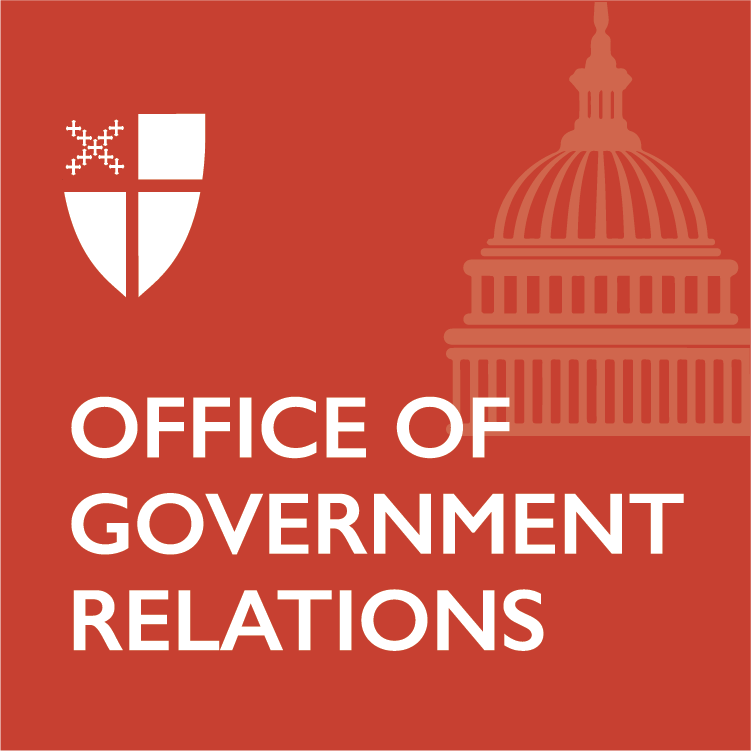The COVID-19 pandemic revealed a startling reality in the United States: far too many families face food insecurity on a regular basis. Faith communities play a vital role in confronting the domestic hunger crisis, and we are happy to do so. As Christians, we accept the call of the Lord Jesus Christ to “feed the hungry.” At the height of the pandemic, we were heartened to see the generosity of faith communities throughout the United States, including countless Episcopal parishes, who opened their doors and recruited an army of volunteers to ensure hungry families could put food on the table.
But we cannot do it alone.
Church feeding ministries, vital though they are, do not address the root causes and drivers of the poverty at the heart of food insecurity. It is vital that all of society: government, the private sector, nonprofits, the faith community, and individuals alike, work in concert to build a national community in which no person goes without healthy, nutritious food.
The Episcopal Church welcomes the Biden administration’s convening of the White House Conference on Hunger, Nutrition, and Health. The first conference of its kind in more than 50 years, this event shines a light on the problem of food insecurity and hopefully will spark a whole-of-society mobilization to confront the hunger crisis. We are particularly grateful for the efforts of a bipartisan group of lawmakers who have advocated for the convening of this conference, including U.S. Representatives James P. McGovern of Massachusetts and the late Jackie Walorski of Indiana, and U.S. Senators Corey Booker of New Jersey and Mike Braun of Indiana.
Episcopalians stand ready to work with the federal government to further the goal of ending hunger once and for all.


